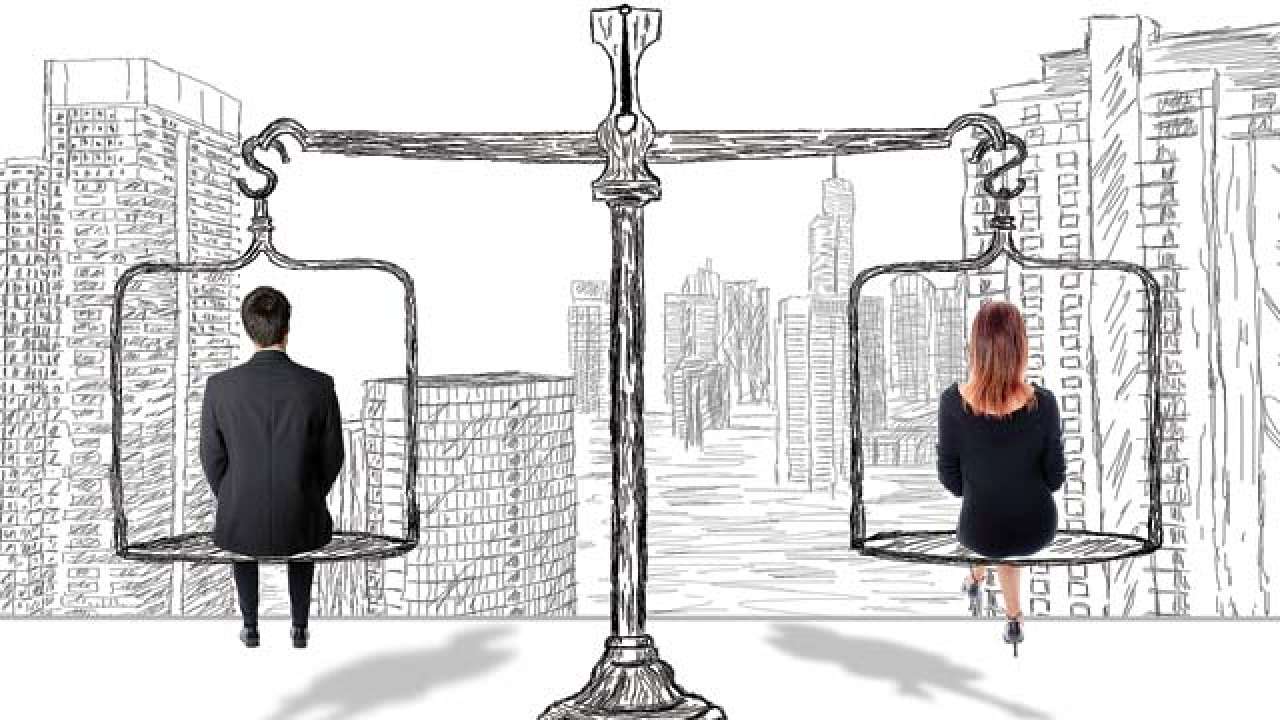
Earlier this month, the prestigious Tokyo Medical University admitted that it has been rigging women entrance test scores for the last more than ten years to keep most of them out of the university. The ratio of the women was maintained steadily at almost 30% of the class size, despite their high performance.
This is a very serious issue which has really shaken up the Japanese medical education system in particular, and the entire Japanese society in general. This has happened at a time when the Japanese Prime Minister Shinzo Abe has been emphasising on women empowerment and as his economic policies have been called, "Abenomics", the policy related to women is being called, "womenomics". There have been wide criticism and reactions of disbelief.
The worst aspect of keeping women out of the medical profession is that gender equality in one of the noblest professions has been denied. Being a doctor is one of the kindest things for human beings and how can a civilised society, which takes pride in equality and equal opportunity to everyone, do such a thing. The reason which has been cited is that very often the women do not continue to practise the medical profession, especially after marriage and starting a family, and, hence, it makes sense not to let them enter the profession at the outset. Even though the argument is very weak, it can be accepted to a certain extent if it is debated and a policy formulated – keeping all the interested parties involved in the deliberations and decision making process – in the very beginning and clearly known to everyone.
But, the nastiest side of the entire controversy is that it had been done in a clandestine manner, which raises serious questions about the intention of the university authorities. They must have been very sure that any such proposal will never be approved, hence, they did not bother to discuss and inform anyone but went ahead with the enforcement of the unwritten and unsaid policy. This is unbelievable in a country like Japan, where righteousness is considered to be the virtue of each and every person, though there have been admittance of fudging of data and fake number creation in steel, automobile and other companies in Japan in the recent past. Another reason cited for keeping the number of women low in the medical university has been the very long working hours for the medical professionals. In general, the working hours in Japan – unlike the European countries like Germany and France – are very high in almost all the sectors of economy, giving rise to the number of suicides committed by Japanese due to overwork, called, "karoshi".
The doctors and other medical professionals have to put in even longer working hours, primarily due to the nature of their work and also due to unavailability of qualified persons in sufficient numbers. The emergency duty in hospitals is very demanding and saps physical and mental energy of the doctors on duty. Constant vigil and continued focus really drains them and hence, it is quite natural that the person is left with no energy to do anything once back at home. But whether to continue to do such a job or not should be the choice of the person and cannot be regulated on the sly by the management. Often the problem is tackled by proper counselling to create reasonable work-life balance, and at times by creating the option of working part-time, or to take a break for a few years in the career and come back to work when things in personal life are more controlled and less demanding. The foulest revelation in this process has been made regarding the enhancement of scores of students who had made a substantial donation to the university. Also, the scores of candidates who had written the entrance test four times were marked down. The university has a lot to explain. Where are those cherished principles on which Japan has built itself after the Second World War? Hypocrisy has no place in a forward-looking society.
Medical colleges in India, typically the private colleges, are notorious for donation seats, absentee faculty, lack of infrastructure, massive bungling in entrance examination like Vyapam scam in MP, and various other wrong reasons. A thorough investigation of our colleges may bring out several unheard of and shock gory details.
The author is a professor at IIM-A, akagarwal@iima.ac.in